The washing machine motor is an essential component of the washing machine. It drives the movement of the washing machine during the vicious cleaning cycle. Since it's an electronic unit, the washer motor employs electromagnetic principles to generate the force for agitating and spinning clothes. Washing machine motors come with different speeds and directions, and they are critical in ensuring the washing machine can function effectively. When cleaning, rinsing, and spinning clothes, the washer motor should move at a specific speed and in different directions. Every washing machine comes with a washer motor, but after some time, replacement is inevitable. Manufacturers buy the washing machine motor as a single component before the necessary assembling is done.
Importance of Washing Machine Motor
The washing machine motor is the prime mover in the laundry process. Its pivotal role is executing the washing, rinsing, and spinning, ensuring thorough clothes cleaning. The inverter motor, a technological marvel, has revolutionized washing machines. Renowned for its energy efficiency, the direct drive motor washing machine regulates speed after adapting to the load, thus conserving electricity and minimizing wear and tear. This innovation translates into reduced electricity bills and enhanced durability, substantiating its price. Despite the initial investment, the motor price of the inverter motor washing machine is crucial. It is an investment in the appliance's longevity and performance.
When To Replace The Washing Machine Motor
The washer motor replacement should be done at the most appropriate time. A washing machine motor that works appropriately is sure to maintain optimal performance. Unusual noises during operation can signal the need for washing machine motor replacement. In addition, a replacement is required if the washing machine declines in cleaning efficiency or struggles to complete cycles. The sign may indicate underlying issues with the motor unit. Inconsistent or erratic spinning can also point to a failing motor.
If the motor starts malfunctioning, prompt attention and potentially a washer motor replacement may be required. Leaking water from the bottom of the washing machine could indicate a faulty motor. Typically, the issue erupts when the seal is compromised. Ignoring minor washing machine problems may lead to more extensive damage.
It shouldn't be ignored when the washing machine smells burnt during operation. It's a red flag that suggests overheating. Still, there could be potential damage to the motor. A thorough inspection is required, and prompt washer motor replacement can follow. If the washing machine experiences intermittent power disruptions or fails to start, it could signify a failing motor. In such cases, washing machine motor replacement is essential. Regarding the necessity of motor replacement, assessing the overall health of the washing machine helps make informed decisions.









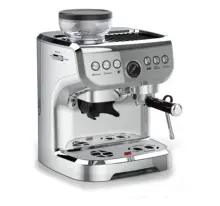

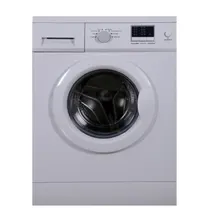

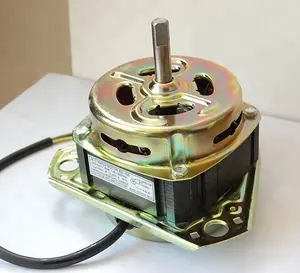

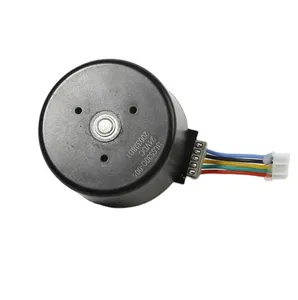
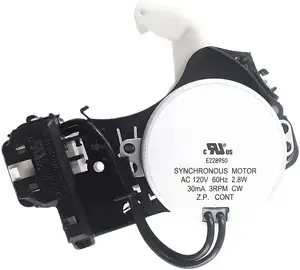

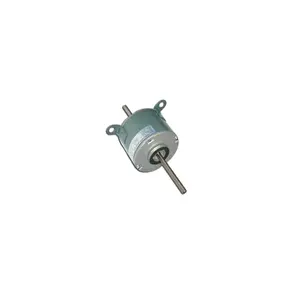


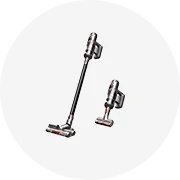



















 浙公网安备 33010002000092号
浙公网安备 33010002000092号 浙B2-20120091-4
浙B2-20120091-4